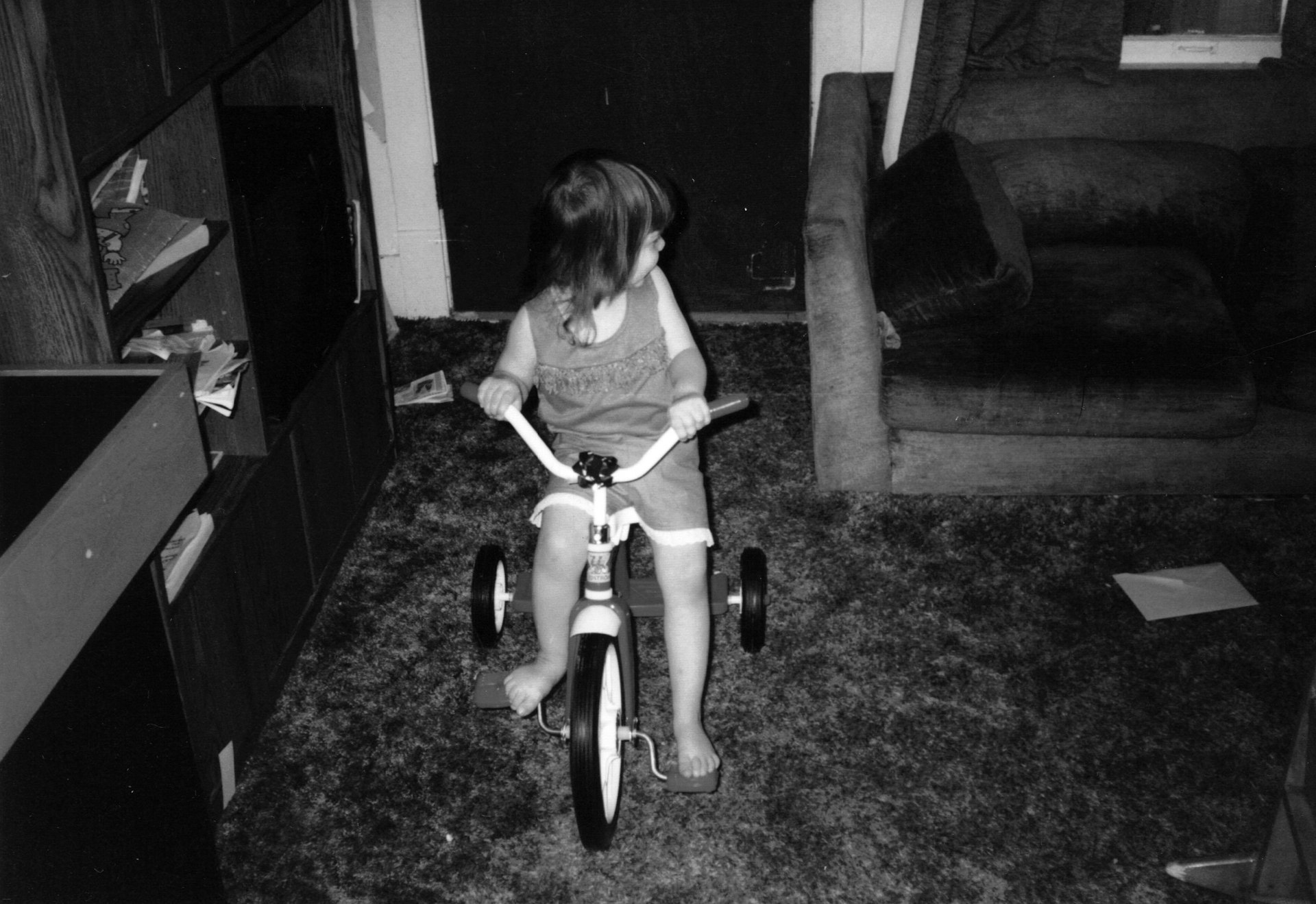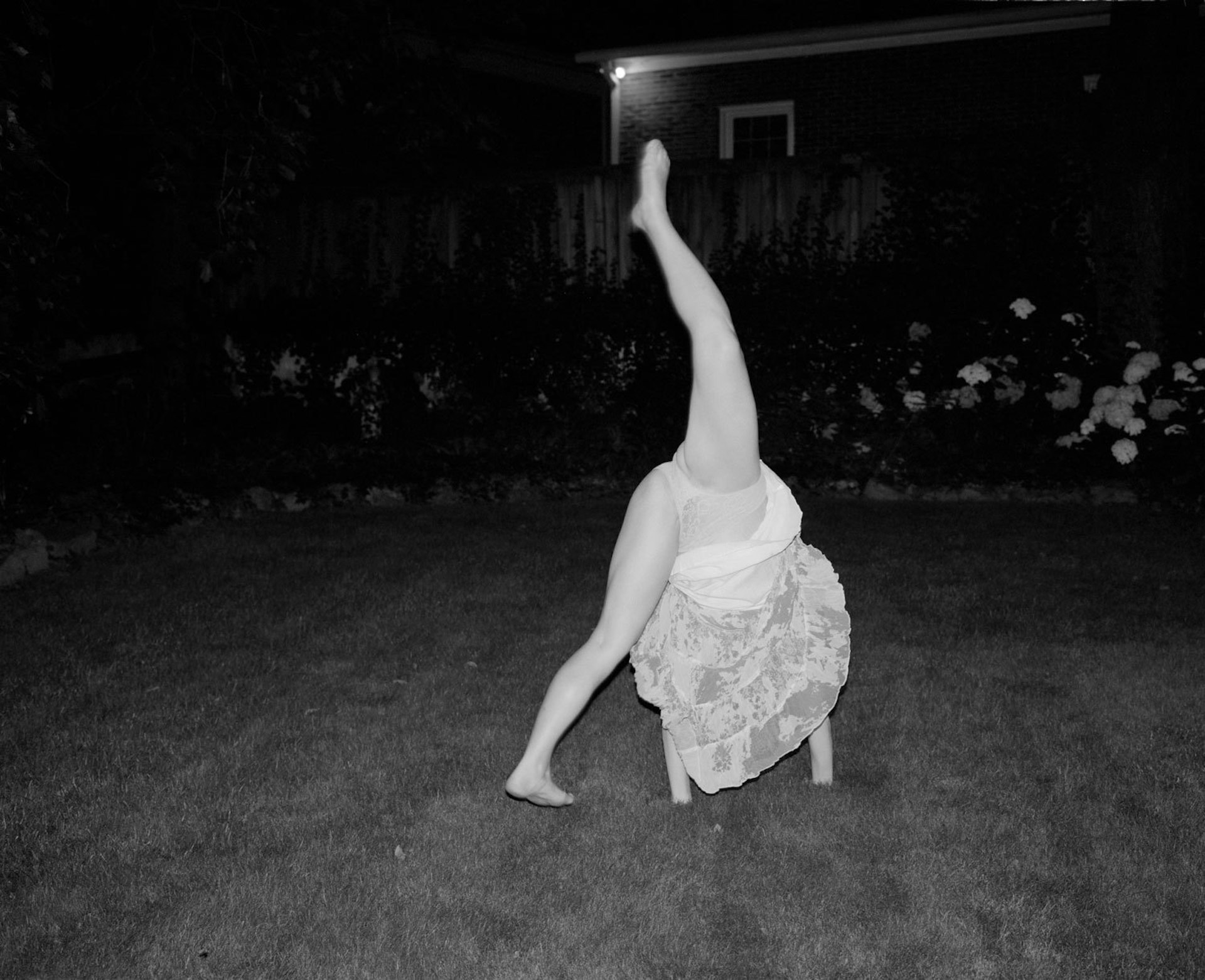
A photographer's intimate portraits of a family in flux
- Text by Andrea Kurland
- Photography by Matt Eich
Matt Eich doesn’t remember a lot about his grandmother. In most of his memories, her presence is an absence: a collection of scattered shards.
“I remember her calling the house and not knowing who I was,” he says. “She had Alzheimers and as a kid, that was disorienting: to watch her forget and revert to being a child. When you strip away someone’s memory, they lose their identity.”
When Matt was 10 years old, his grandfather gave him a camera with no real plan or motivation. It was simply a tool that he could use to document their adventure – a road trip they embarked on, two guys side by side, on a journey that became a form of closure.
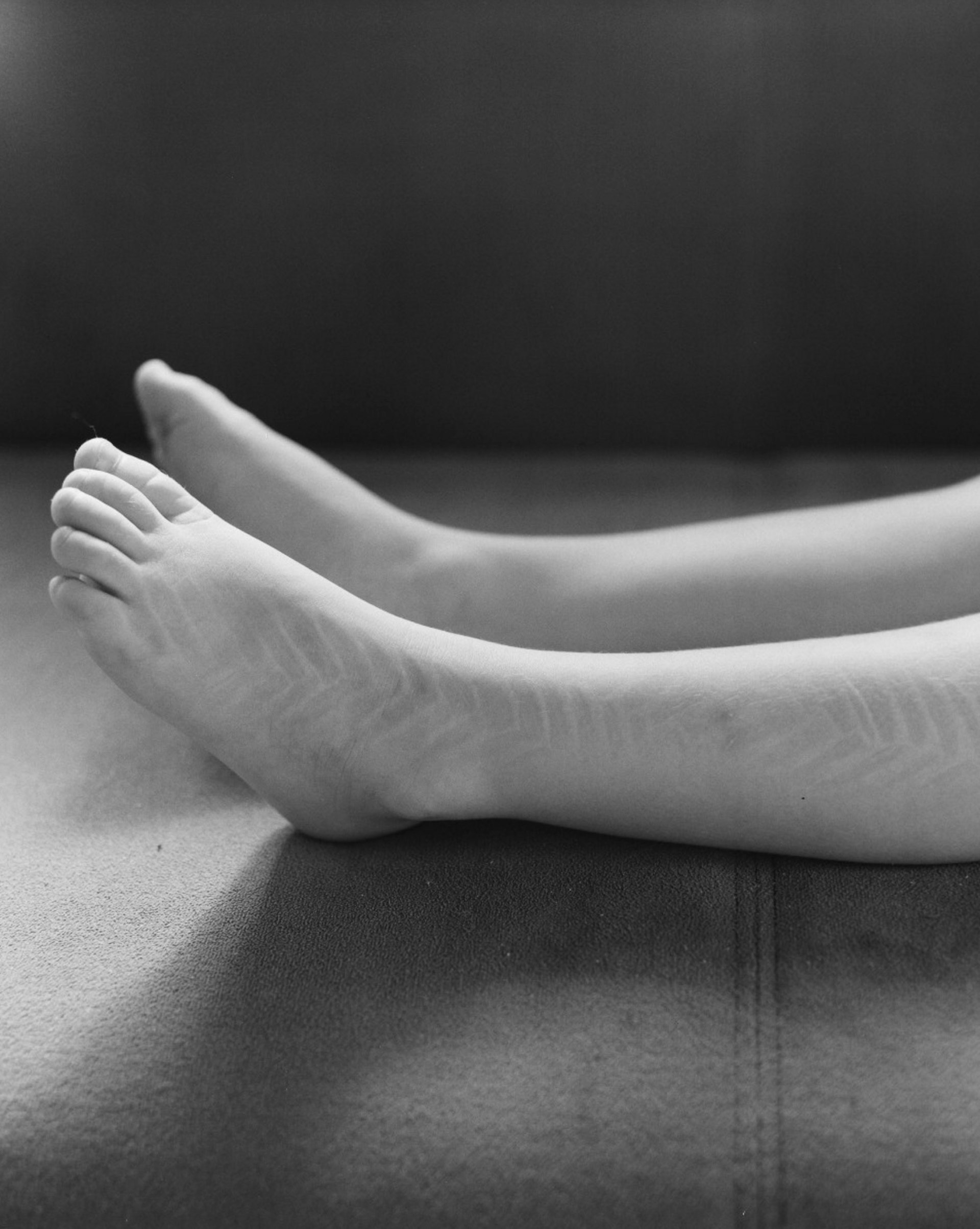
“My grandmother was dying and there was nothing we could do, so my mom stayed with her in her final weeks while my grandfather and I drove from North Carolina to Tennessee.”
The photographs he took became a grand awakening – a moment that means nothing but changes everything over time – hand-delivered in a tattered envelope from WalMart.
“There was this picture of a rotting fence-post in a field, and I remember thinking it somehow captured exactly how I felt. That was a trigger point for me.”
This story is one of many springing back to life as Matt sits inside his home in Charlottesville, Virginia. His two young daughters – Madelyn, 9 and Meira, 4 – float in and out the room.
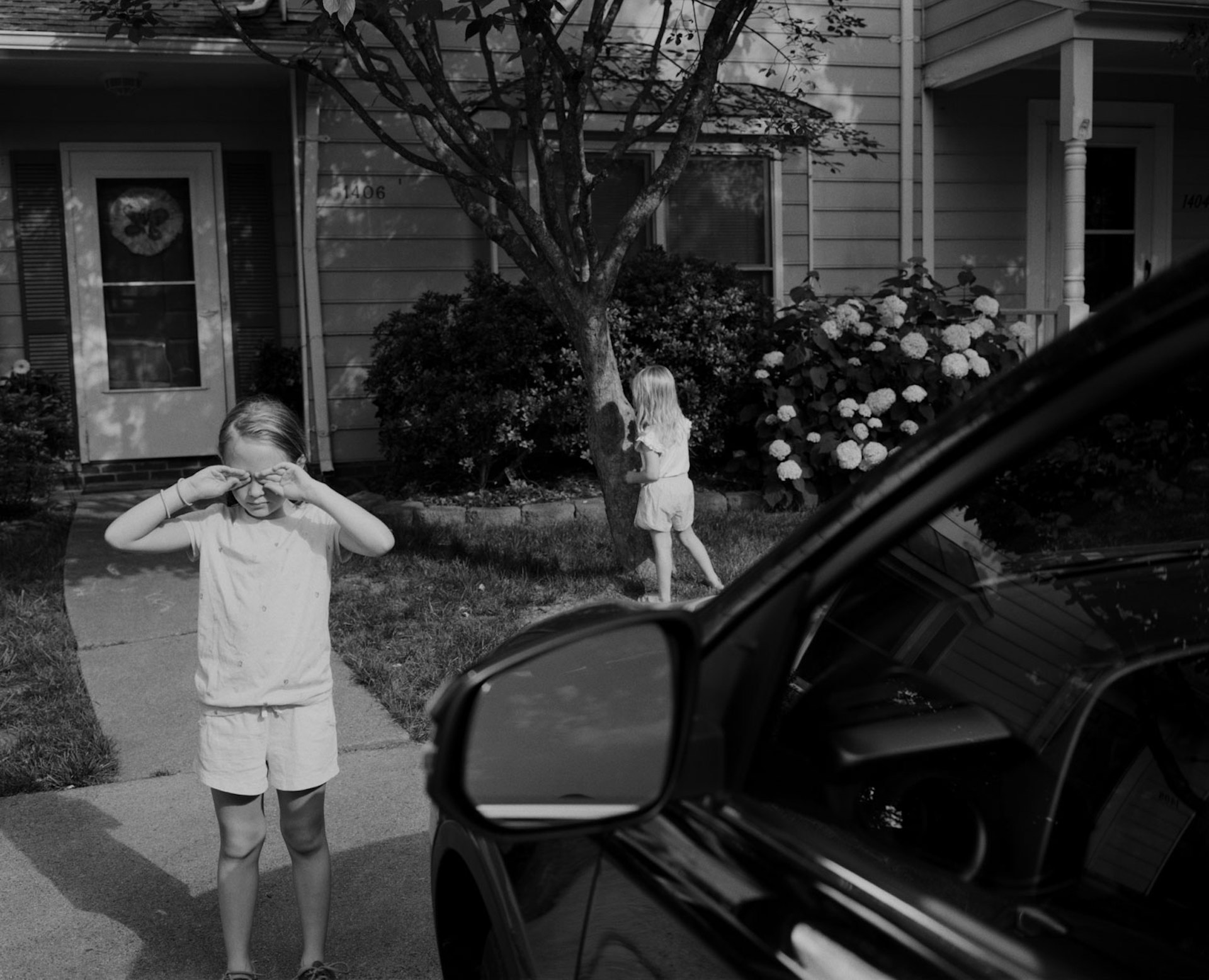
You get the sense that they’re seldom far from sight. These familiar family scenes have been an all-consuming muse for the 30-year-old photographer, who recently emerged from a Masters in Fine Art with the hope of going into teaching, an imperfect compromise for a family man who’s also a photojournalist; a guy who learned he’d be a dad before he could legally drink.
But it’s this body of work – a collection of family photographs, spanning a decade of daily life – that is an antidote to the pitfall of projecting our own truths onto the lives of others.
“I constantly question myself when I go into other communities,” he says. “If I forget what it feels like to be vulnerable, to be exposed, then I won’t have any empathy or understanding for the people I am photographing. So if I’m not willing to subject myself and my own family to the same kind of scrutiny, then what right do I have to make that work?”
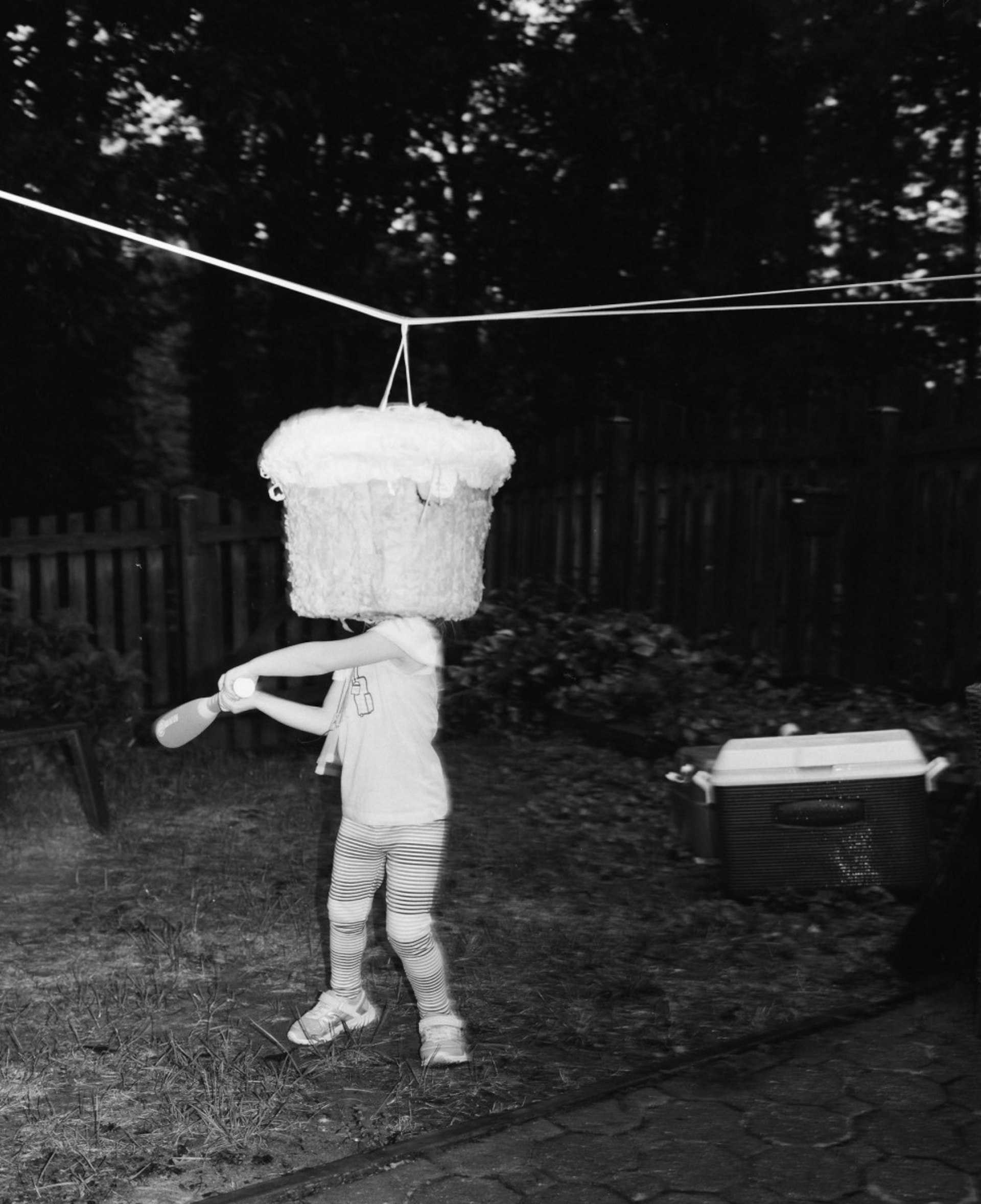
Matt’s been photographing his own family since the day it formed: from the moment he and his girlfriend (Melissa, now his wife) discovered they would be parents during college, tilting their horizon overnight.
“I had all these plans to do this internship at National Geographic, travel the world and be the wandering artist I’d dreamed of becoming,” says Matt. “But there was never any question of wanting to be involved. I loved her and loved the idea of being a dad – even if it was sooner than I might have planned.”
Matt’s pictures of those early days – moments that mean everything and even more over time – weren’t well received in group critiques at grad school. “People were like, ‘Why should I give a fuck about your family photo album?’”
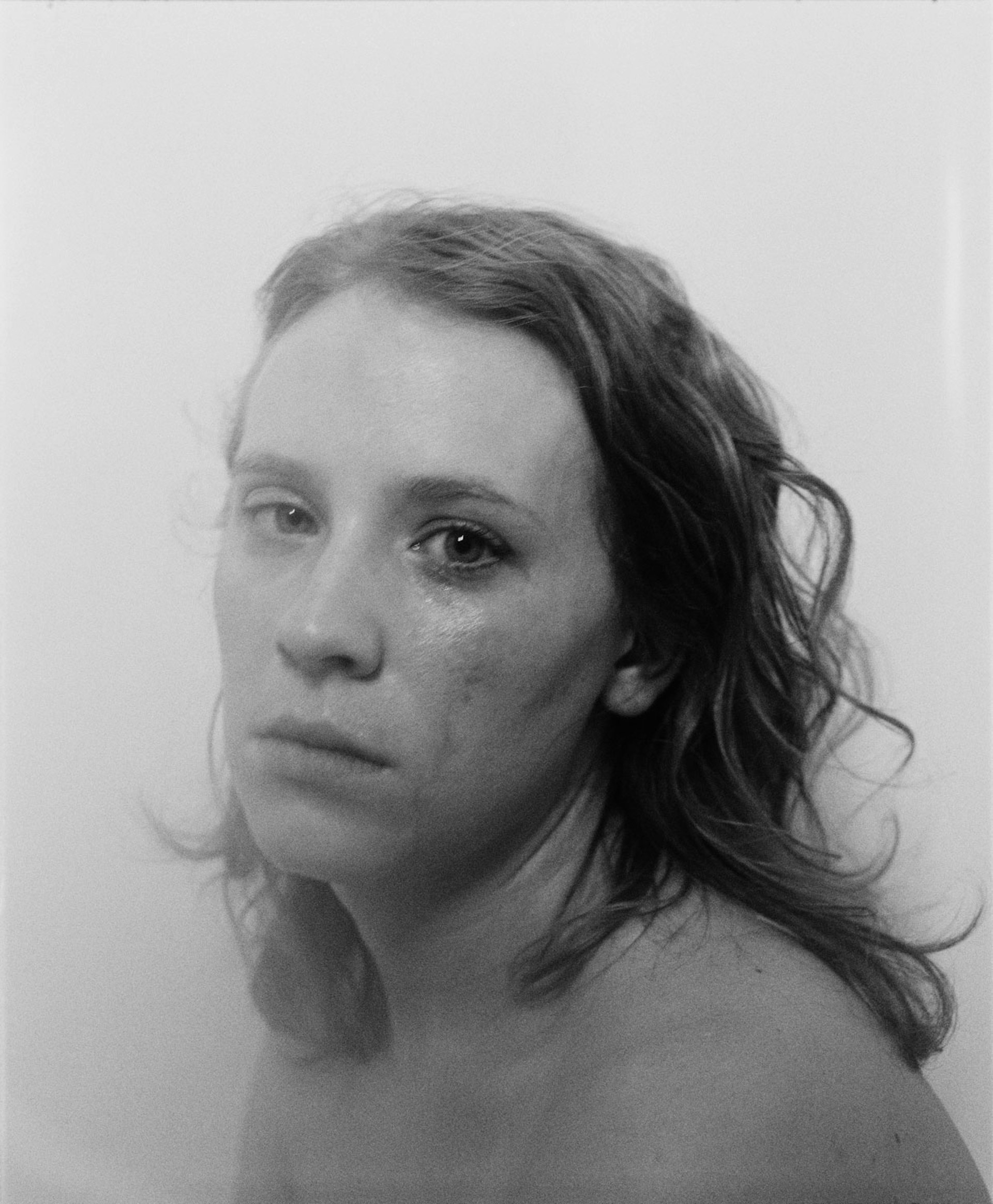
But instead of veering back onto safe and sterile ground, he leaned in even harder. The result is an evolving output that first manifested with Carry Me Ohio and has now matured with a starker, loss-of-innocence chapter titled, I Love You, I’m Leaving.
After 33 years of marriage, Matt’s mom and dad announced they would be splitting up two years ago, rupturing the narrative he thought he knew. “As a child you have a very clear-cut idea of who your parents are,” he says. “But in watching their relationship, I’ve learned it’s never as simple as it seems.”
Today Matt’s parents remain married, but live slightly siloed lives. The photographer has been watching them navigate the spaces in between, capturing that grey area with a poetic image of the pair sitting on a bench. Nearby, Matt’s daughter is playing in her own imagined world as something amorphous floats within the frame.
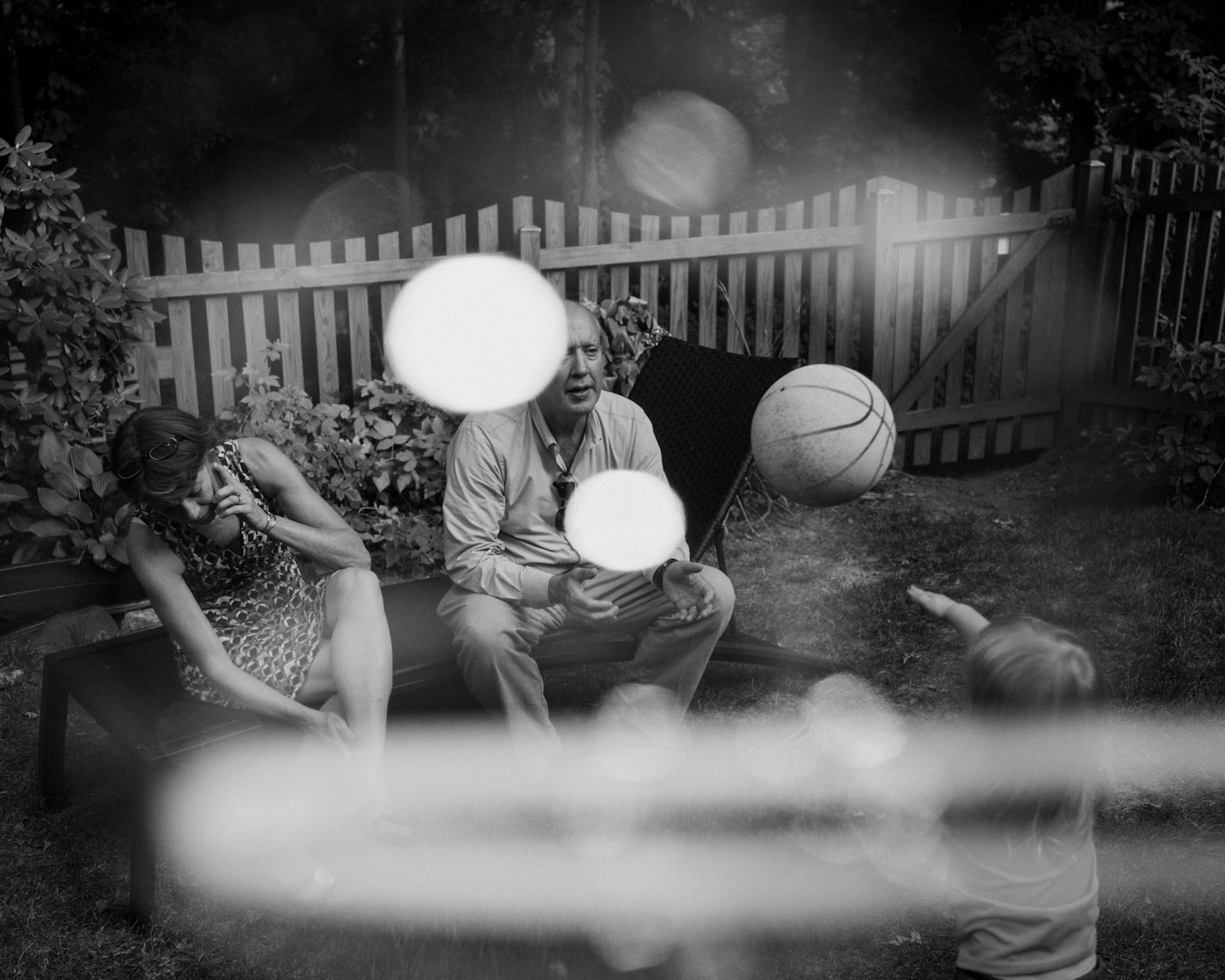
“It was this really beautiful accident that totally summed up the way I felt about them and their relationship,” says Matt, who hit the shutter right as his brother-in-law blew a giant bubble. “They had been ensconced in this perfect little marriage bubble for a long time, but every bubble’s gotta burst. It just reflected how fragile their relationship was – how all of our relationships can suddenly change.”
For Matt, photography has been a way to navigate those shifts. One series of confrontational portraits forced him to see familiar faces in a foreign light.
“I was figuring out how my wife and daughters see me versus how I see them, because I was grappling with how I still see my parents from a child’s perspective.”
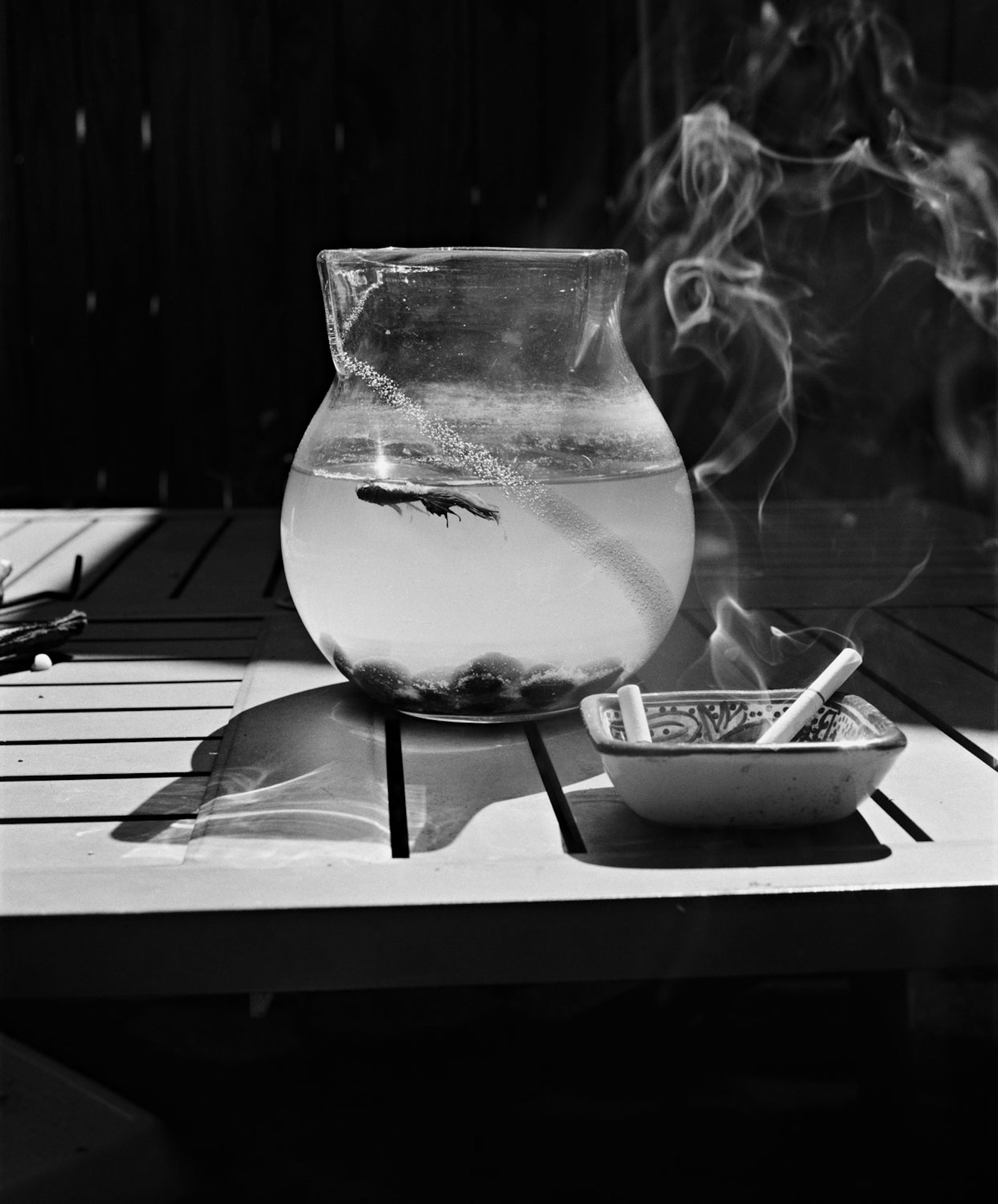
And then there are moments where faces are wilfully obscured, hidden beneath the bedsheets or by the turn of an erratic head. “They remind me that no matter how intimate I may be with a family member, they will always be a bit of a mystery to me,” he says. “You can never really fully know a person.”
Those two periods – the ‘then’ and the ‘now’, the unexpected arrivals and unsettling farewells – are connected by these moments that repeat throughout the work, reminding us that life isn’t compartmentalised into chapters. There’s just one beginning and one unknowable end.
One day Matt’s dad brought a small fish to the house, saying it would be a way to teach the girls about death. A few years later, Matt’s own grandfather – the man who got him into photography at the age of 10 – passed away suddenly, summoning that lesson to its first real-world test.
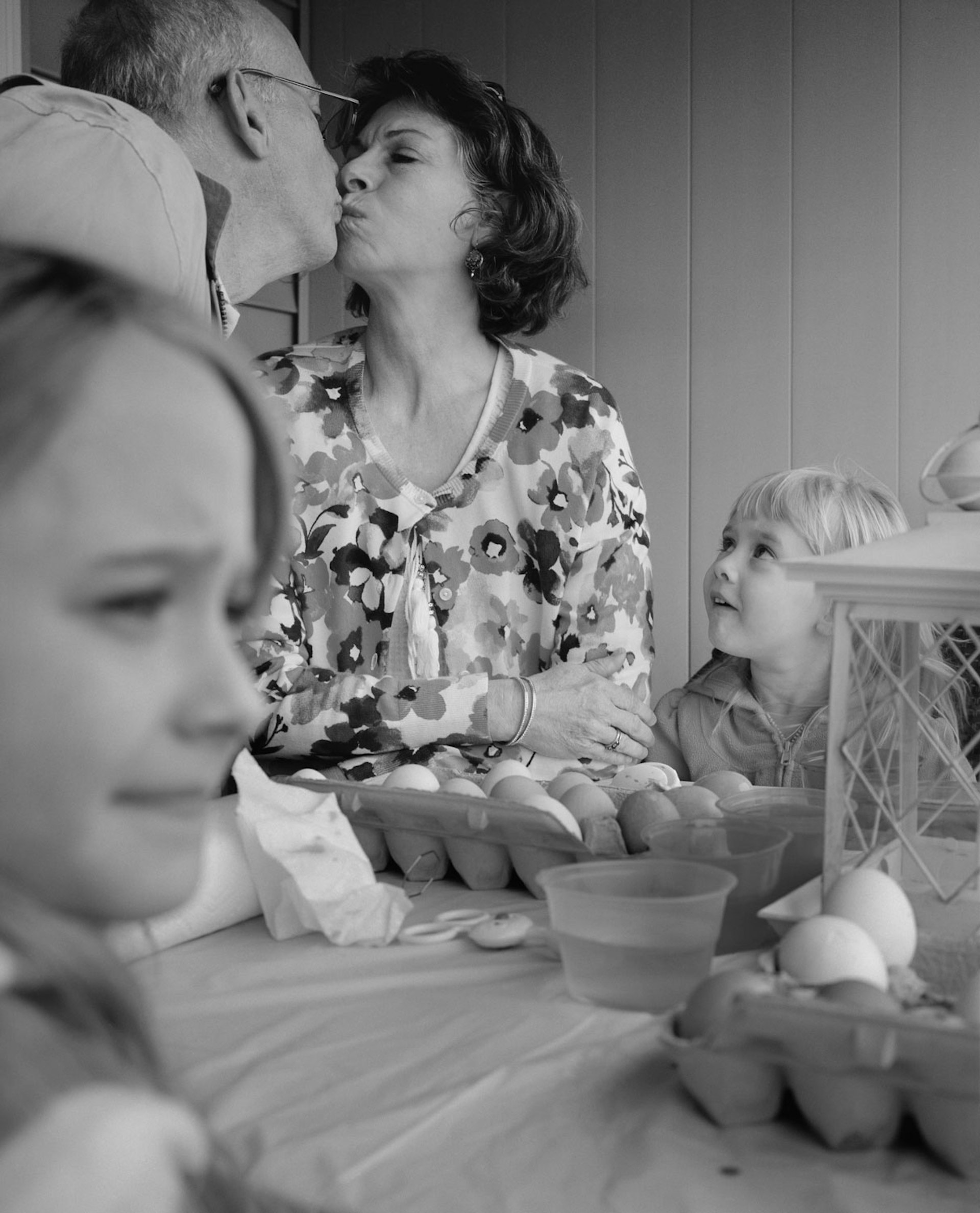
“One of the closing pictures of the book is my daughter sitting next to the casket, kind of looking at him,” says Matt. “It begins to create this pattern where you’re thinking about the nature of family, death and dissolution of everything we care about. Feeling trapped, or feeling free – all of those complications.”
In one of the starkest images, a row of trees stand blanketed beneath a curtain of leaves – the kudzu vine, which is known for eventually suffocating its host. It’s beautiful yet terrifying, like family life itself. And it grows so fast it can forget to breathe.
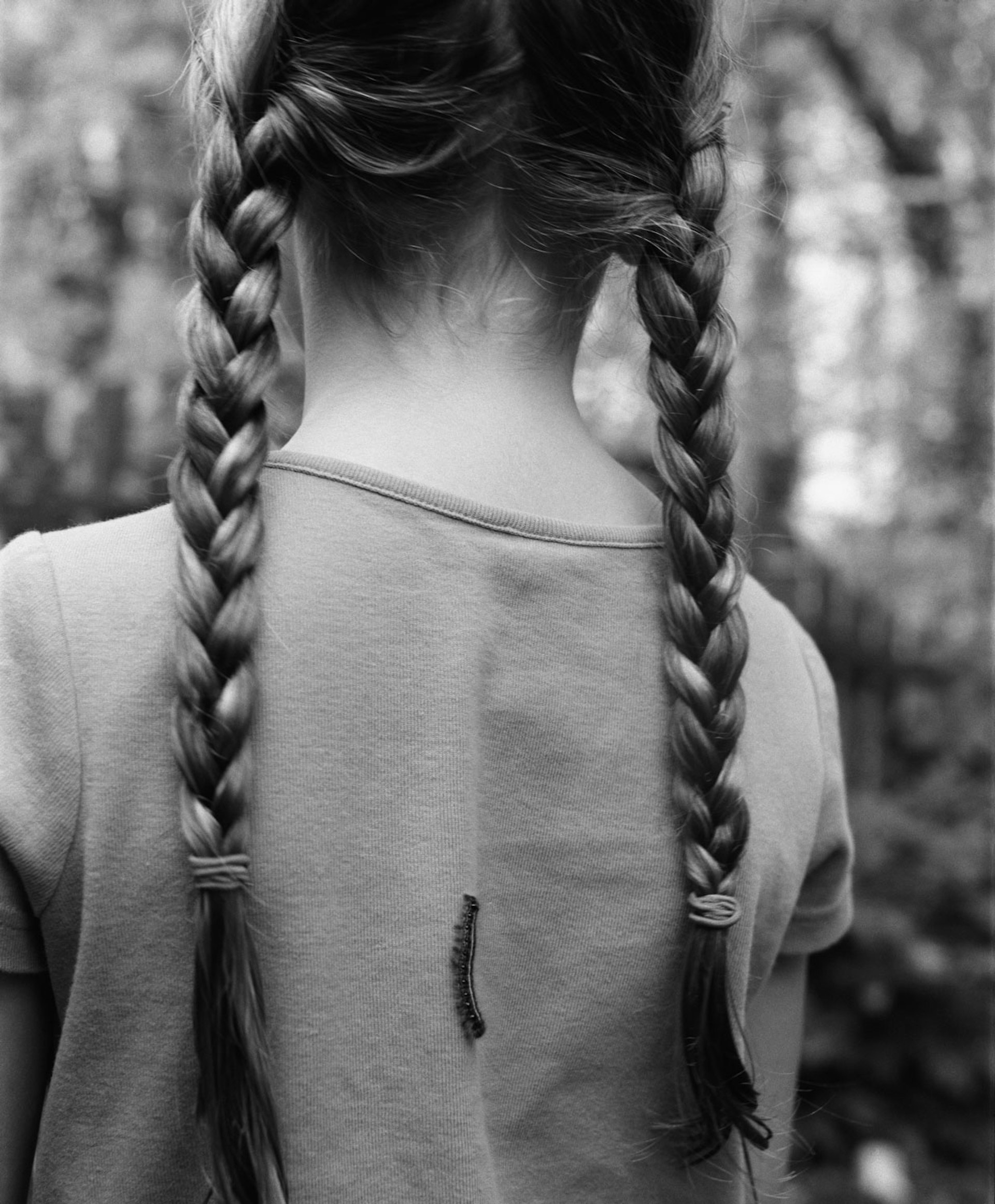
“Photography is my way of pausing,” says Matt. “I don’t have room for regret; I’m always looking forwards because life is hurtling towards us. I’m trying to make the most of my time and cherish these little moments of beauty and connection that are so fleeting.”
Matt stops for a moment then adds: “It’s a very personal and selfish perspective, but my hope is that when I’m dead and gone these kids are gonna have this pile of photographs. I’m hoping that they choose to read it as: this was my dad’s way of saying, ‘I love you, I was here for this, and this was important for me – important enough to try and remember it.’”
This article appears in Huck 61 – The No Regrets Issue. Buy it in the Huck Shop or subscribe to make sure you never miss another issue.
Check out more of Matt’s work on his website.
